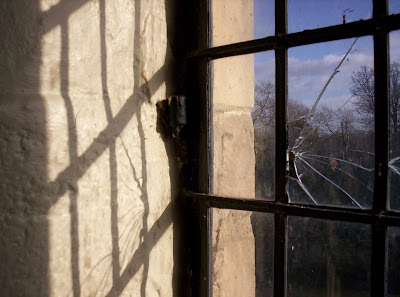
From the superb 'Cambridge Introduction to Creative Writing' by David Morley, Director of the Warwick Writing Programme at the University of Warwick:
'Writers who do not feel self-doubt occasionally are lying to themselves. It comes with the job, like perpetual dissatisfaction. You grow used to the sensation of freezing up when writing, of proceeding in fits of stops, starts, ease and block. You find times when it is not only the words that will not come; the arc of the entire piece disappears in your mind. When self-doubt strikes, you must proceed by nerve alone, and by stealth. This is a moment that is defined in action and boldness by your character, not only as a writer but as a person. No guts; no glory. Your only response, if you wish to continue, is to get used to its distress signal. You are not being held hostage by your work; this is your work; you command the situation. Choose to write with a colder eye, as if the task did not matter up. The feelings of self-doubt will pass: it is an intense but small wave of panic, and does little harm if you do not let it. Self-doubt's fiendish opposite, Overconfidence, should also be shown the door.'
Hard to believe that this marvellous description of creative failure was written by someone who is himself a successful and talented writer, the poet David Morley. And it doesn't stop there; the book is awash with paragraphs like this, engagingly written and packed with good common sense for writers in all disciplines, from poetry and novels to 'creative' non-fiction and academic work.
Highly recommended reading for all those who wish to or absolutely need to write creatively, and particularly perhaps for those who can't stop themselves writing but for whom meaningful publication is still elusive. David Morley's expertise as a creative writing tutor shines through on every page, as does his intelligence and sympathy for the struggling writer, both new and established.
This large, glossy, beautifully-presented book is an invaluable companion for teachers of creative writing; every creative writing department should own a copy, and consult it regularly.










